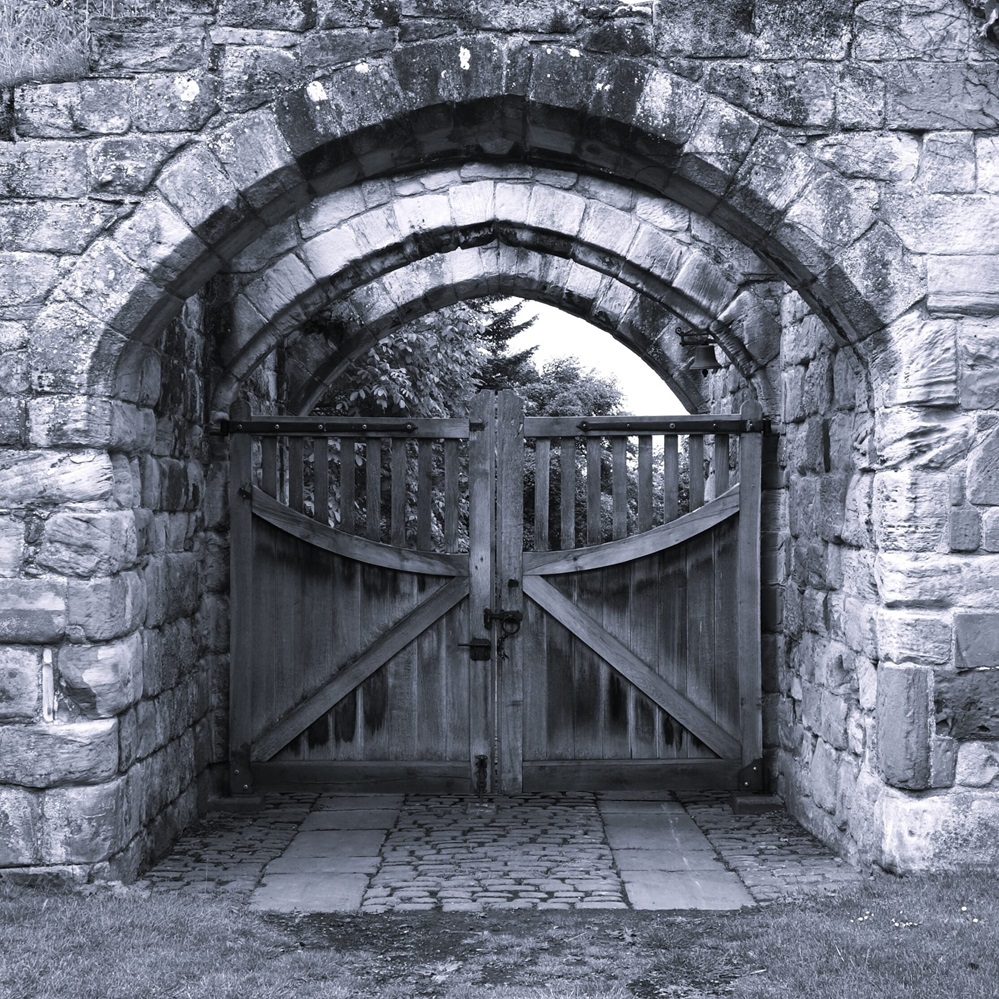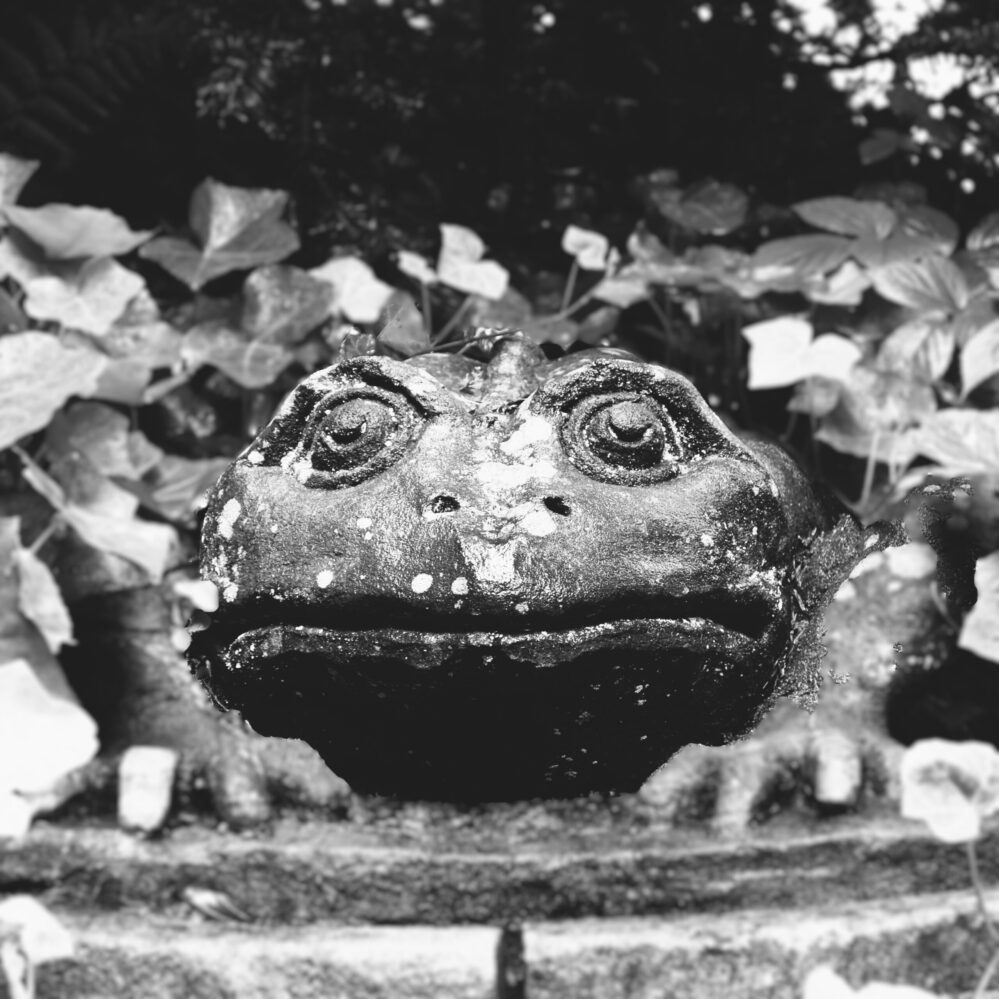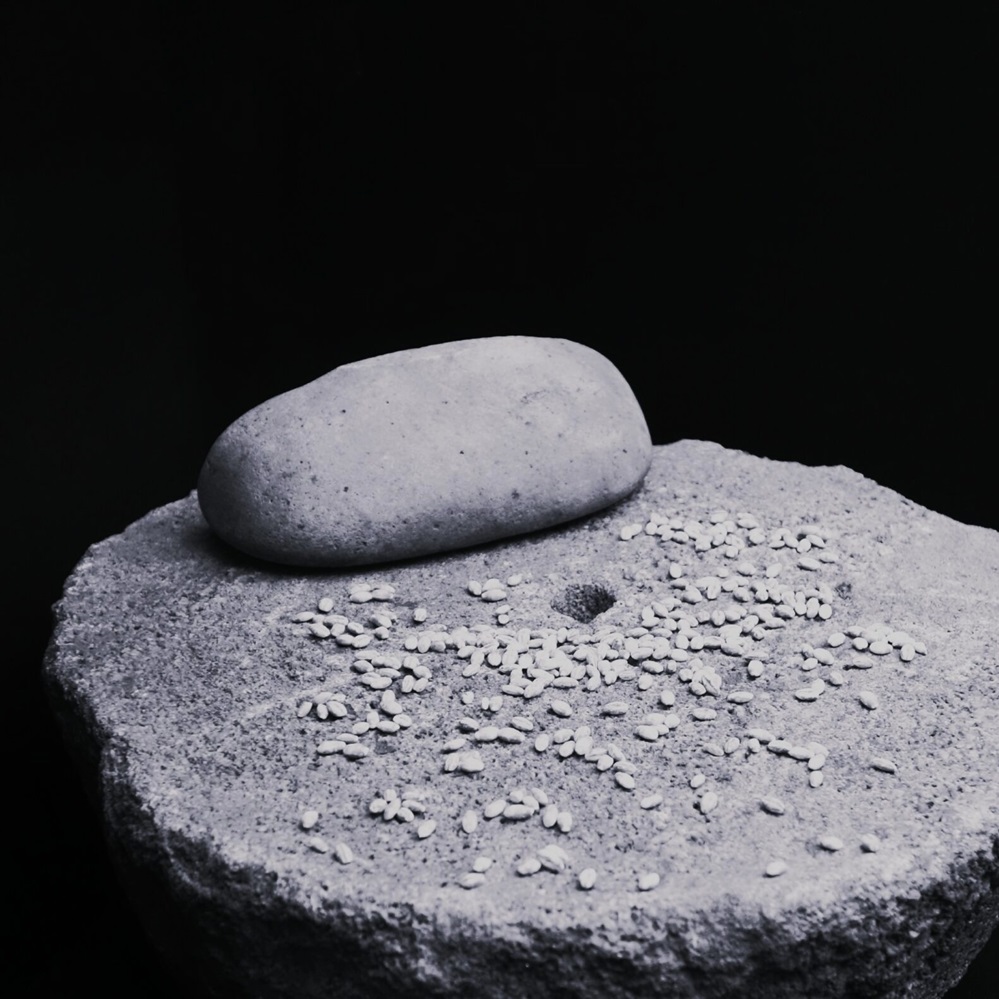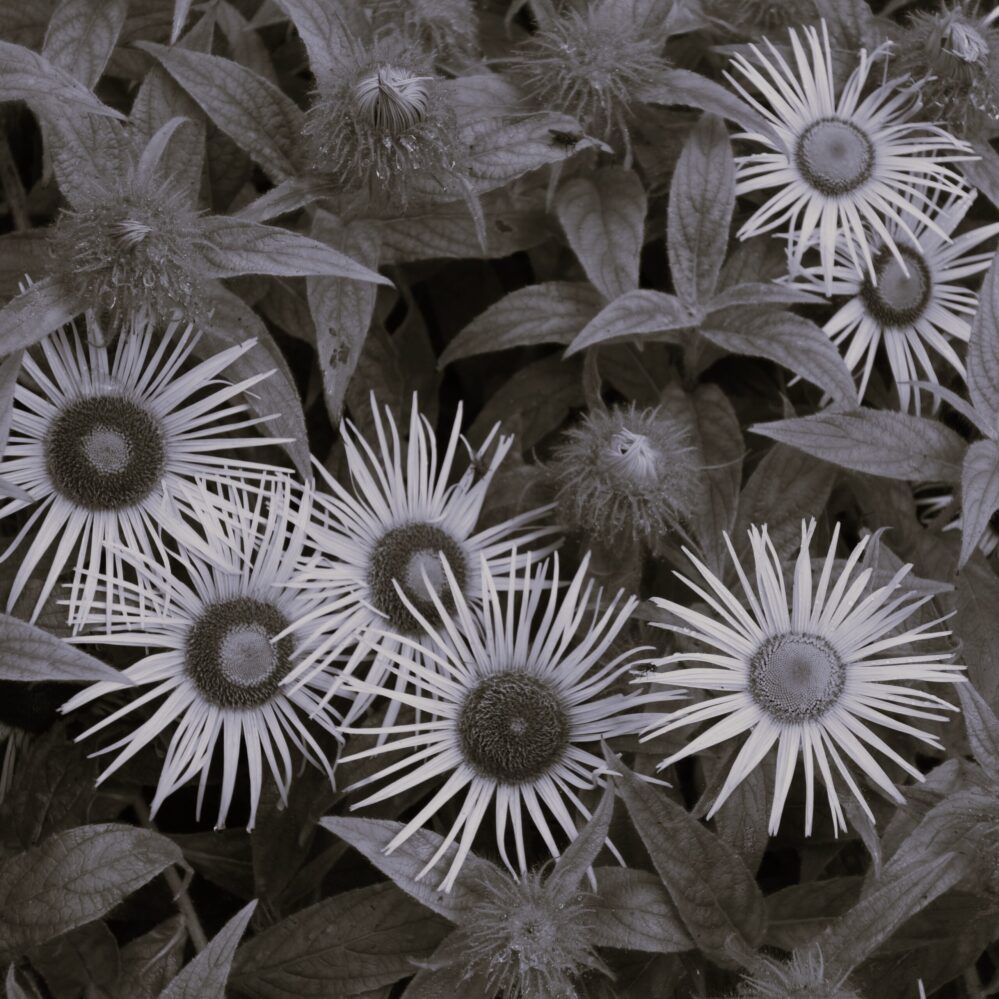Blog 3 | Acceptance : Dave Finds The Start
Successfully Navigating Challenges As Opportunities By Living With Agency

Being agents of our own destinies is hard work. Successfully navigating challenges as opportunities takes time.
Instinct spurs us, nurture tempts us, imagination inspires us, choices define us but being agents of our own destinies is fraught with obstacles. Obstacles tease us. Obstacles prevent us making progress. They test us and frustrate us.
Obstacles certainly frustrate me. They always seem to be close by. Obstacles haunt me with too many choices. How do I decide need? How do I decide order? Obstacles confuse me. I get lost in their nagging insistence. My past cannot shake them away. They linger. They never, completely, seem to leave. They seem more constant than my shadow.
Do I fumble along around them, chaotically managing the best I can? Do I coexist with them? Do I just accept the randomness of life and living and carry on regardless? Do I eliminate them into denial suppressing their even hint of existence? Do I moderate them, tolerate them, ignore them, praise them, suffer them, repress them, elevate them, acknowledge them or accommodate them?
Now that awareness has encouraged me to take ownership of my own destiny, I relish this challenge and approach it with the same determination as any other agent on any other important mission. Agency leads me. Awareness brings responsibility, and responsibility raises questions.
We Make Better Choices By Questioning Our Understanding Of Life
My best mate the fish man doesn’t ask many questions. He is a man of few words. Questions generate lots of words, and lots of words generate lots of thoughts. I ask important questions that generate important thoughts for my important mission.
Questions appear easily and quickly. Is the grass always greener elsewhere? How do I quantify fairness? Is a problem still a problem if I think the problem isn’t actually a problem? Why is there so much blue and green? How do people recover from the unrecoverable? Where do all the mountains go when we look at earth from the moon? Why are amoebas still amoebas? Is everything actually happening at once? Is madness the only real freedom humans have from the demands of our world? Will the universe continue to expand until everything is so far apart from everything else that only emptiness remains?
So many questions. Too many questions. Am I asking the right questions? Even if I am, answers lead to more questions straightaway, anyway. Does anything actually matter at all, if our only constant is change?
Questions help me to discover knowledge about what I know is true. Questions help me to expose doubts about what might be true. Questions help me to provoke wonder about what could be true. Questions help me to aspire to beliefs about what should be true. I invite questions about knowledge, truth, passions, faith, desires, fairness, wonder and mystery.
The somethingness of life and living is crammed with so many questions that ultimately I need to recognise the insignificance of the tiny part I play in the great adventure of life within this fluid universe of mystery.
However, I must dare to dream. With determination and perseverance, I must try to better understand life and living and to fear the expansive (expanding) somethingness less. I must start from small beginnings, ask small questions, glean small answers, and inspire small thoughts, to find out not only who I am but who I want to be. Without exploration, there is no discovery. Besides, if I don’t begin, I can’t even quit.
We Make More Successful Decisions When We Think Spatially
I wonder whether we can even have thoughts without having the words we need to describe them. Is it possible to think if we cannot communicate our thoughts in some way, just like it is possible to communicate our emotions without words? Does thought need language before it can exist, or does thought exist independently of language?
If problem solving requires thought, if thinking involves consciousness, and if plants have the ability to solve problems, then does a plant think and does it have a type of consciousness?
Does truth exist beyond reality? Perhaps only thoughts exist and everything else is either an illusion or a vehicle for thought. Is organic matter just a temporary conveyor of consciousness until a more suitably enlightened receptacle appears? After so many questions, so many words, so many thoughts I conclude that the best questions are the questions we haven’t yet worked out how to ask, so I pause awhile.
My best mate the fish man rarely speaks because he’s too busy thinking, and he really does think big. He gets by on not much language. He has big thoughts and big adventures. He meets heroes and monsters. He listens to too many voices fiercely clamouring to convey the same message. He fights enemies who become his greatest teachers. He flees from beasts that only other beasts can tame. He has so skilfully mastered complexity, that only the perfection of simplicity remains.
When my best mate the fish man takes me fishing with him for the first time, I get chatting while he is setting up. I ask him about red herrings. I am curious about red herrings. They are always cropping up all over the place, and wherever they are, confusion is there too. I am genuine in my curiosity.
After a while, I stop. I am wondering what his thoughts are. I look at him. He looks at me. His lips are moving but no discernible words emerge at all. Then, he looks away to cast off. I wait. I yawn. I listen. I wait again. I go to collect some worms.
Aiming High With Life’s Opportunities Leads To Big Adventures
After losing myself in the endless choices that life and living present to me, the challenge to determine my role within the expansive awareness of all possible possibilities is my own personal adventure. Perhaps I need to think big, rather than talking so much.
Are the big adventures of life and living stepping stones towards the awfully big adventure that follows? Are the big adventures of life and living a progressive, never-ending story? Do we need to recognise that life is simply not a steady succession of ever better experiences competitively cooperating towards some final accolade of triumphant successes with all obstacles ruthlessly quashed?
Magicians believe that the impossible can happen just by saying certain words and doing certain things causing us observers of their craft to wonder and be amazed. I want to deal with any arising obstacles I face along my mission with as much mastery as a magician has when making any object behave. The magician invites change. The magician announces intention.
Our perceptions can be shaped and reshaped, creating experiences that defy what we believe to be possible. Is this mastery or is this trickery? Is this fake information or a gateway leading to higher levels of understanding? Unlike the magician, I do not usually want an obstacle to remain nearby only to later reappear. While a magician’s majestic credibility warmly welcomes opportunities to create nothing out of something or to turn something into nothing, they only create the illusion of defying the laws of nature.
When my best mate the fish man, already an accomplished agent of his own destiny, takes the worms I’ve just collected, he unashamedly tosses them over his shoulder into a nearby bush quicker than it takes me to open my eyes and mouth in horrified shock, the laws of nature demonstrate their efficacy commendably as the worms land assuredly on the ground and don’t just disappear.
I’m just about to remonstrate with him, emboldened by the newfound determination of my special mission, when I notice him pointing to an insect on a nearby leaf. I close my mouth, wrinkle my brow inquisitively and lean towards it, as the insect unknowingly flies off.
What some see as need, others see as an obstacle in disguise.
‘I thought we needed worms,’ I ask, hesitantly.
My best mate the fish man says nothing. He fixes his gaze on his rod as he reels in. Once his rod is perched expectantly on the bank, he unzips a nearby pouch and reveals to me a colourful assortment of skilfully crafted flies. He points at one. He points towards the spot where the insect had been. I see the similarity. I make the connection.
By Getting Stuck In The Past We Fail To Realise An Important Life Lesson
I smile at my best mate the fish man. He smiles back. Kindness oscillates between us. Our eyes radiate warmth. The smell of kindness lingers.
He removes the sodden, ineffectual fly and he gets on with tying the fresh, enticing fly to the end of the line. I get on with watching him, wondering whether he tricks the fish as seductively as magicians cast their spells, with their special words. The only magic word that works for me is please, but I’m no magician, and nor do I fish.
After a long while and some tricky knots, out of the blue, he says, ‘The past is not our prison’. Then, he casts off and the fly confidently lands on the water to patiently await its prey. The predator below is preyed upon from above.
The nourishing fulfilment promised by the hooked deceiver is disguised as an imposter insect so cruel and so brutal that the fish fails to notice until the danger is too far progressed. I feel like warning the fish of the imminence of its near certain demise. I mitigate with chatter in the vain attempt to distract my best mate the fish man from the task at hand.
I start telling him about my best mate’s cousin with the yellow door whose house has more locks than a prison and who is more wary of people in uniforms than any escaped prisoner might be, and about how my best mate’s cousin with the yellow door is always saying, ‘Not everyone who’s got power understands the power they’ve been given so watch out,’ but by the time I’m coming round to finishing my relentless, futile appeal for reprieve by asking, ‘If it’s not our prison, then what is it?’ I’m on the verge of resigning as a special agent on my special mission to map out my destiny in my own special way.
In the brief pause that terminates my unheard or unlistened-to requests, he simply repeats, ‘The past is not our prison’. We both fall silent. We both remain silent. I become despondent. I remain despondent.
By Persevering With Life We Avoid Repeating Past Mistakes
A reluctant acceptance of the reality of the moment has crept up on me as stealthily as any predator with any unsuspecting victim. The fly disappears into the fish in a flash – quicker than any rabbit out of a hat, or coin into an empty hand. I do not yet know that sometimes obstacles are opportunities. The only obstacle at the moment appears to be my own stupidity and failure to grasp what my best mate the fish man is trying to get me to understand.
Hearing somebody say something is not the same as listening to something someone says. Listening to something someone says is not the same as understanding what someone is saying. For me, for now, obstacles are not opportunities but obstructions.
I think about this for a long time. I think about getting lost. I think about my past. As I think, I listen. A frog disturbs the tranquillity of the moment, leaping ambitiously out of its securely rhythmic cradle within a sturdy, green leaf and diving determinedly into the swirling uncertainty of the murky water with its hidden dangers.
As I listen, I think: my past is like a cradle. As I think, I realise: life is for living. As I realise, I finally come to understand: life should be lived forwards but understood backwards.
I look towards my best mate the fish man and I instantly know that he knows that I now know what he wanted me to know. ‘Continue, don’t repeat,’ he adds gently.
Instinct grounds me. Nurture reveals me. Agency leads me. At times we understand yet we are misunderstood. At other times we misunderstand yet we are understood.
Perhaps humans are the red herrings in the intertwined journeys of evolution and of consciousness. After all, the distant ancestor of humans was merely one of the just-in-case, insignificant creatures when dinosaurs dominated life, nevertheless through our success consciousness has proliferated.
Do we thrive as conduits for consciousness or does consciousness now have a physical form of expression previously unexplored? Which is leading? Which is following? Which is deciding order? Which is establishing need?
Gateways Lead To Opportunities For Continuation Not Repetition
Just thinking that I’m an agent of my own destiny doesn’t mean that I actually am an agent of my own destiny. I still need to plan. I need to equip myself with tools and skills. I need to continue not repeat. I need momentum. I need progression. I need time to prepare more for my mission as an agent for change of my own destiny.
Our failures stem from our inability to recognise the significance of our emotional responses to what happens to us or because of us. How many times does the fulcrum of change have to reveal itself before we realise that it has been hiding in plain sight? Our visible emotions are gateways to and from our invisible soul. Gateways can reveal what our perceptions imply.
If I’m now an agent of my own destiny, an agent for change, I should not get stuck in my past. My past should never be my prison. My past should inspire me. I cannot be intimidated by my past, but nor should I copy the mistakes of my past. Just as my cradle taught me to become an agent of my own destiny, so too should my past protect the ongoing path through life.
Obstacles briefly interrupt the progression through the challenges of living. They temporarily derail my mission as an agent of my own destiny. Movement briefly stalls. Unchallenged obstacles become obstructions that damage us and keep us locked in a cycle of repetition. The longer we leave them unchallenged, the longer we are stuck under their spell.
By challenging obstacles, we transform them into opportunities, and these opportunities reveal gateways that lead to further options which guide us, one step at time, along the journey of our destiny. Gateways are opportunities not for repetition, gateways are passageways for continuation.
The rewards of living invite us to seesaw between continuing or repeating, as the unique jigsaw of life’s big picture emerges piece by piece.

Blog 4 | Clocks : Dave counts down
Understanding The Same Actions Differently By Changing How To Think

Understanding How Problems Need To Be Tackled Not Ignored

When We Think Differently Competitive And Cooperative Identity Changes